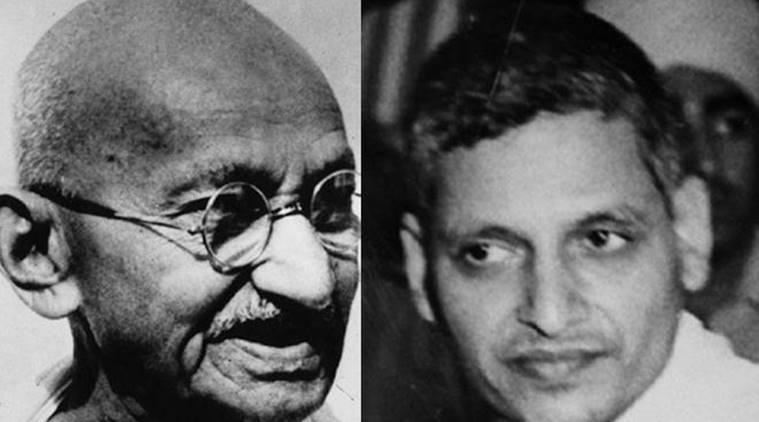
Economic ideas of Mahatma Gandhi are most remembered for his emphasis on village self-reliance, a far cry from globalization. Despite this, as his birth anniversary is observed on October 2, a world troubled by many discontents of globalization may find it useful to consult Gandhian ideas for reducing them and getting some clues to important reforms as well.
Mahatma Gandhi placed great emphasis in economic policy on considering the poorest, weakest sections as a key area of concern. He told policy makers that whenever you are in doubt, consider your options on the basis of what they mean for the weakest sections, and decide on this basis. Unfortunately this noble advice of Gandhi has been often ignored, increasingly so also in his homeland. Following this most basic precept of Gandhian Economics, with all its practical implications, will do much to reduce distress and discontent.
To guide policy makers on this path Gandhi made an important suggstion which deserves reconsideration in a new context. Gandhi extended very strong support to largely self reliant rural communities. This idea deserves to be renewed in the context of checking GHG emissions and producing healthier food. It is increasingly realized that the spread of natural and organic farming methods as well as protection and regeneration of forests can contribute much to checking GHG emissions as well as to ensuring sustained availability of much healthier food. This is best achieved in largely self-reliant villages where farmers can be assured of a fair price for the organic food and herbs produced by them. Hence very creative, sustainable livelihoods can be linked to checking climate change and regular supply of healthy food. This is an idea that can live with a world globalized in other ways, at other levels.
Another important precept of Gandhi was that the most modern, latest technology should not be imposed on all. Those who require, or are happier with other ways of working, for example those engaged in various handicrafts, should have a place too. There would be much creative room for this in the largely self-reliant villages. Others would welcome this from the point of view of art and aesthetics. Indeed a lot of handicraft product has more aesthetic value, even if much cheaper industrial replacements are available. Who would deny the special beauty and grace of handloom cloth, woven on handlooms .The market of handlooms has flourished in modern times, even in the world of fashion, as many consumers find more grace and comfort in handloom cloth. Handloom weavers clearly deserve a helping hand to contribute the immense creativity of their special skills.
Gandhi would have said the same for khadi cloth which is hand spun as well as hand woven. It is known to be very healthy for skin. Many such examples of creative but threatened livelihoods exist which if protected can bring colour, charm and diversity to market, as well as help to reduce GHG emissions.
One of the most important Gandhian concepts relates to virtues of a simpler life, a life of more limited needs, distanced from the lure of endless consumerism. Life’s fulfilment is to be sought not in pursuit of consumption and sensuality; rather by self-control access to higher, more creative and socially useful forms of satisfaction can be achieved. This again is in tune with the urgency of protecting environment and sustainability.
For Gandhi the idea of integrating Economics with Ethics was a central one. He rejected as harmful any GNP growth recorded on the basis of increased consumption of alcohol and intoxicants , or plunder of people and nature. These concerns of Gandhi sit well with many concerns raised by senior professional economists as well as others regarding the need to judge progress in more meaningful terms than just growth of GNP. Gandhian concerns can contribute to making this debate more comprehensive.
Last but not the least, of course, is Mahatma Gandhi’s life-long commitment to evolve non-violent methods of resisting injustice. These again have an increasing role in giving a sustained and broadbased voice to the many discontents of globalization, so that chances of achieving justice can increase without violent conflict.
The writer has covered several Gandhian social movements and has been closely associated with some of them. One of his recent books ‘Man Over Machine—A Path Towards Peace’ explores relevance of his ideas to present times. Website bharatdogra.in













































